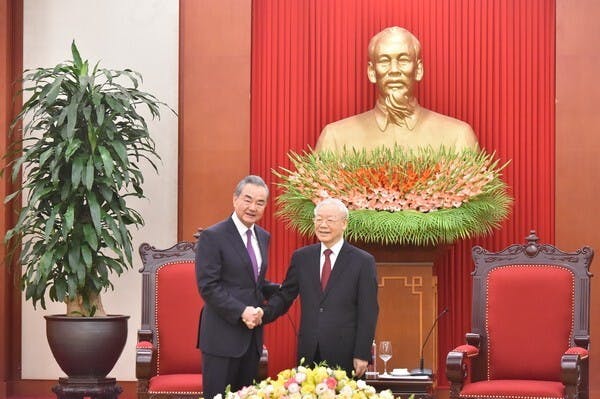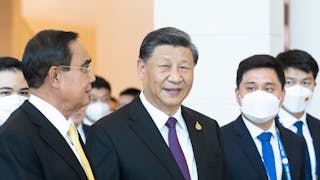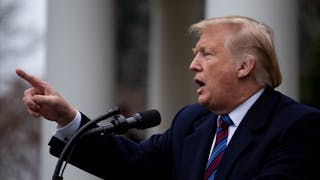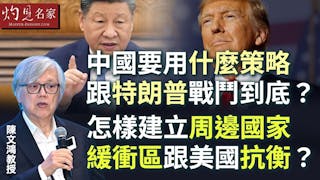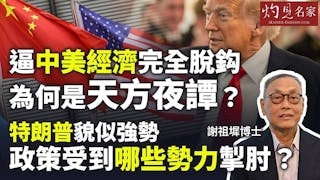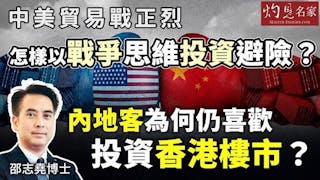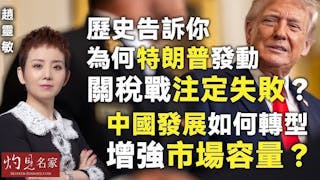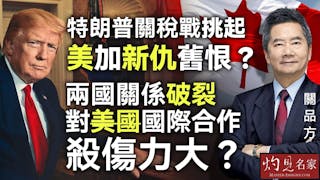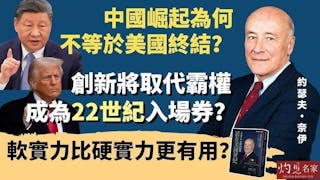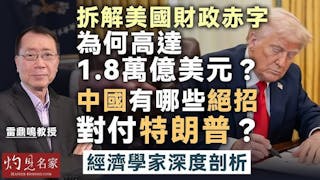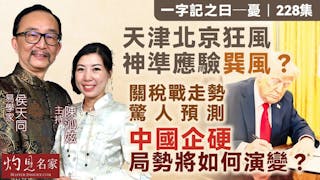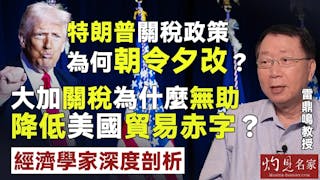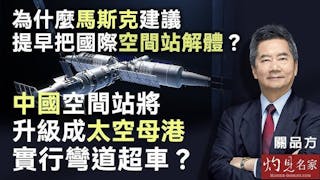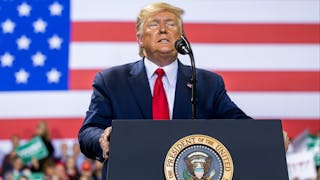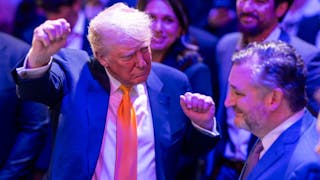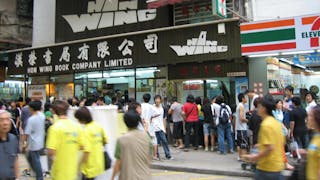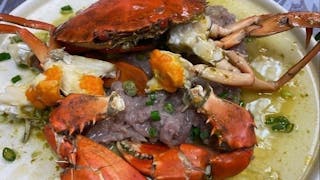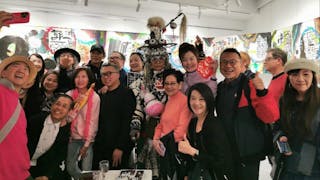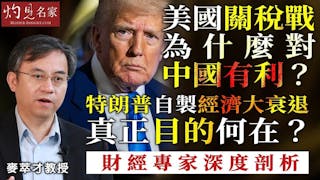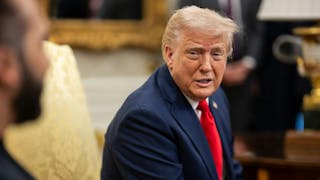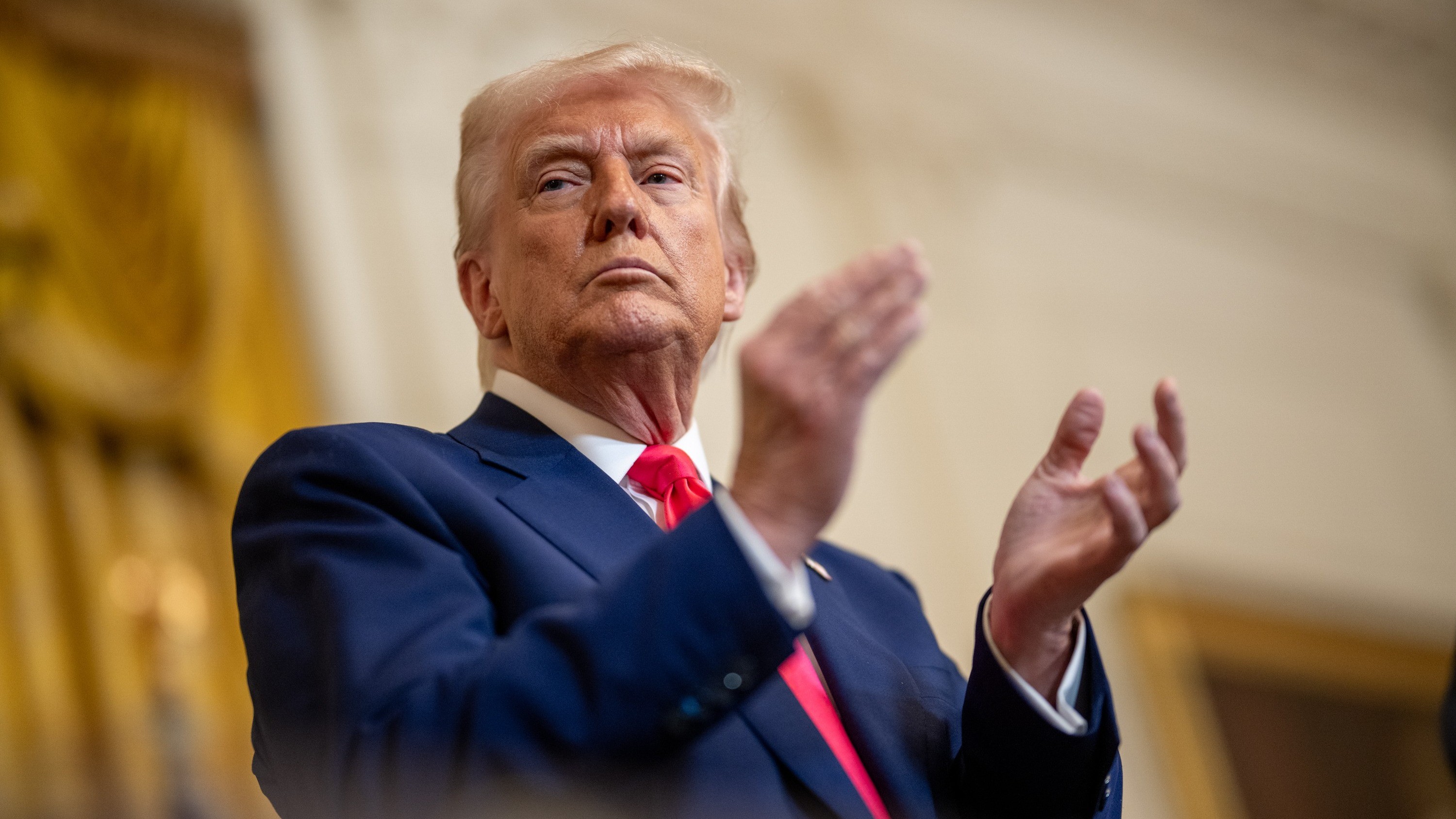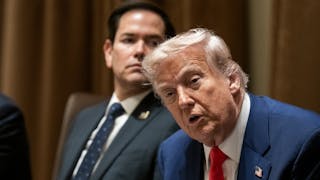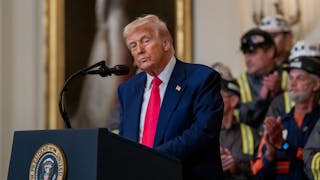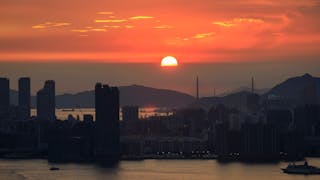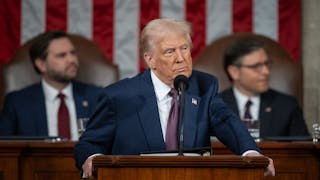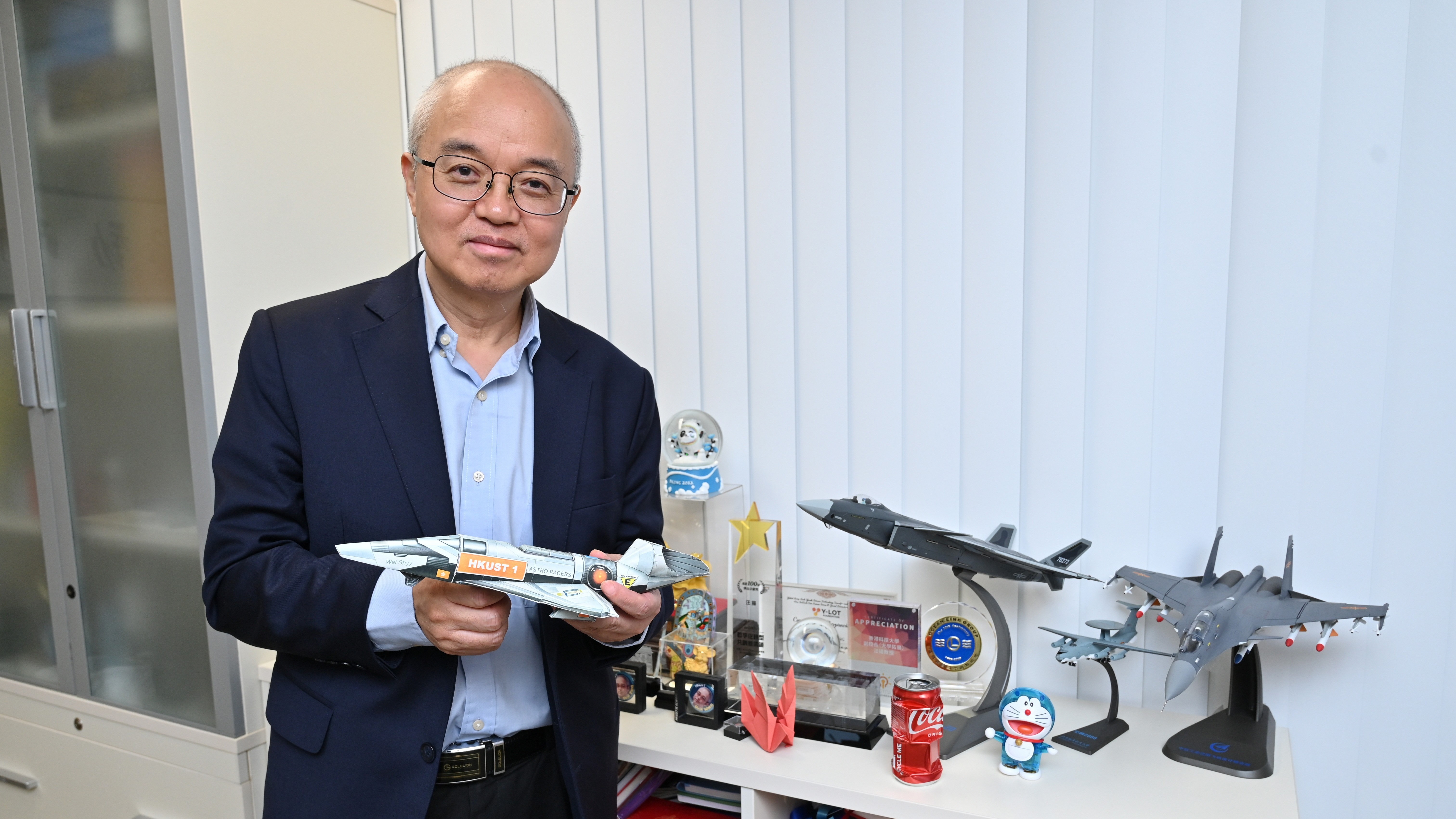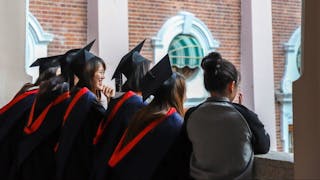2023年12月1日,中國外交部長、中央政治局委員王毅訪問越南,並會見越南國家主席武文賞,致力確保中越在各經濟領域的合作,在促進和平、共同發展方面加强兩國關係。王毅此行具有重要政治意義,不僅象徵中國與越南有着社會主義的兄弟情誼,也是為習近平主席即將訪越的必要準備工作。
共同推動南海行為準則
中越兩國12月1日在越南首都河內舉行雙邊合作指導委員會第十五次會議,王毅與越南副總理陳流光共同主持會議。
王毅表示,2023年是中越建立全面戰略合作夥伴關係15周年。在這種夥伴關係下,雙方合作更加密切,社會主義事業進入重要階段。當今世界變亂交織,面對紛繁複雜局勢,中越要不忘初心、團結一致,堅定不移走和平、合作、發展道路,從促進人類進步和壯大社會主義力量。雙方要保持高層戰略溝通,不斷凝聚共識、增進互信,加強國防、公安、安全等合作機制,深化反恐、打擊電信詐騙等非傳統安全合作。 發揮地緣相近、產業互補優勢,深化經貿、互聯互通、關鍵礦產等領域合作,共同打造互利共贏、穩定暢通的供應鏈體系。他表示,兩國應攜手捍衛國際公平正義,實踐真正的多邊主義。
王毅表示,希望雙方恪守高層共識,堅持透過友好協商管控分歧,積極推動海上合作,維護南海來之不易的和平穩定局勢。
對此,越南副總理陳流光表示,作為「同志和兄弟」,越南支持中國發展壯大,為維護區域和世界和平穩定發揮更重要的作用。他表示,雙方保持密切高層交往,政治互信不斷鞏固,在貿易、投資、交通、科技、農業、環保、旅遊、教育等領域取得進展。
陳流光也指出,兩國需要妥善有效管控分歧,共同推動「南海行為準則」磋商,使南海成為和平合作之海。
深化經濟和其他各領域的合作
中國是新冠疫情後越南最大的貿易夥伴,2023年前六個月在越南投資了233個項目,投資額達13億美元。總的來說,中國目前在越南有3791個項目,總投資額達250億美元。根據越南海關的數據顯示,2022年,兩國雙邊貿易額達1756億美元,其中越南出口額達577億美元。
2023年1至10月,中國成為越南最大的農林水產品進口國。中國對越南投資近期聚焦在數碼經濟和綠色發展,在越南簽署了關於推動「兩廊一圈」發展戰略與一帶一路倡議對接的諒解備忘錄錄。
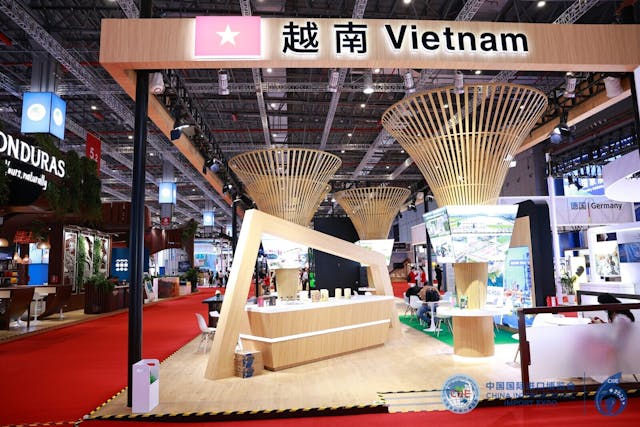
兩國官員又討論了如何改善一些合作項目以滿足雙方的期望,特別是一些中國援建項目進展緩慢。
2023年7月,王毅在印尼雅加達與越南外長裴青山會面。雙方當時確認需要在貿易和投資方面密切合作,特別是泛亞鐵路東線,中國願意進口更多越南商品,中方又支持越南參加中國─東盟博覽會和中國國際進口博覽會。
顯然,中越雙方都渴望深化經濟和其他各領域的合作,同時平息在領土問題上的分歧,特別是在南海的領土主張。
2021年3月,越南外交部抱怨中國船隻在牛軛礁(Whitson Reef)「侵犯了越南的主權」。 中國聲稱對部分水道擁有歷史主權,但鄰國和美國辯稱,中國的主張沒有國際法依據,包括中國簽署的1982年《聯合國海洋法公約》。
2021年4月,王毅同裴青山通電話表示,兩國都堅持共產黨的領導和社會主義事業,屬於具有戰略意義的命運共同體。
儘管在領土主張上存在分歧,但訴諸意識形態的共同性和同志感情,仍然是雙方保持頭腦冷靜的有價值工具。
善意姿態贏越南民心
事實上,中國一直在與越南合作,透過2023年11月和2023年12月兩國海軍和海警在北部灣海域舉行聯合巡邏來盡量減少領土爭議。
早在2021年9月,王毅就向越南副總理范平明表示,兩國要珍惜南海「來之不易的和平穩定局面」,共同警惕抵制「域外勢力」的干預挑撥。王毅在會見越南領導人時頻頻提及「和平穩定的局面來之不易」,同時呼籲共同警惕抵制外部干預,呼籲越南警惕外部勢力的「挑撥」。
2021年新冠疫情高峰時期,中國向越南捐贈了570萬劑新冠疫苗──這一善意姿態贏得了社會主義兄弟越南的民心。
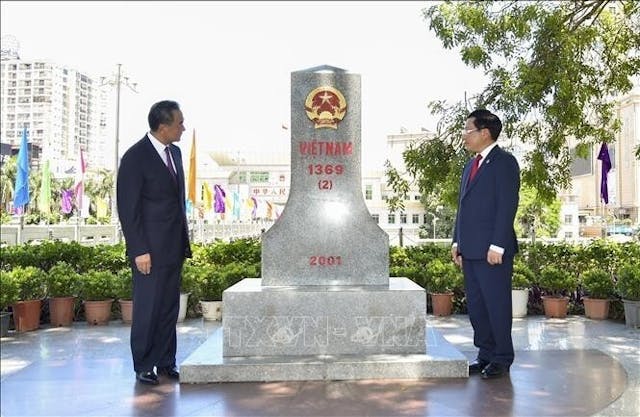
2020年5月,王毅與越南副總理兼外長范平明在北部廣寧省芒街國際口岸共同主持紀念《越中陸地邊界條約》簽署20周年儀式。標誌着兩國睦鄰友好、邊境管理和諧。該條約是雙方在法律框架和國際法基礎上,本着平等、相互尊重和有效關心彼此利益的原則,經過多年的邊界談判和劃界,於1999年簽署的。
自1950年建交以來,中國與越南關係密切。儘管1979年發生了中越戰爭,但此後雙方都回歸經濟務實主義,並為穩定、成功地改善關係作出了巨大努力。
王毅此行被視為習近平主席2023年12月14日至16日訪問越南作準備。
中越有必要加強合作
2022年10月31日,越南共產黨中央總書記阮富仲訪問北京,會見國家主席習近平。習近平向阮富仲介紹中國共產黨第二十次全國代表大會精神,高度評價越南社會主義建設成就,並呼籲雙方在國際變革動盪期中,堅持發展社會主義的「正確政治方向」。
阮富仲表示,兩國有必要加強相互合作,越南繼續堅定奉行「一個中國」政策,並表示越南不參加任何軍事聯盟,不使用武力對付任何國家;越方願同中方一道,加強相互了解,鞏固政治互信。
近年來,越南與美國的關係提升至「全面戰略夥伴關係」,就像與中國、印度、俄羅斯、韓國、日本的關係一樣。南韓似乎透過加強與越南的投資和貿易關係,來實現外交關係多元化,並最大限度地減少對中國的經濟依賴,而日本傳統上一直是越南的密切貿易和經濟夥伴。有鑑美國、南韓、日本與越南加強經濟關係,中國意識到有必要鞏固北京與河內的雙邊關係,以制衡美韓日與越南加強關係。
可以預見,習近平對越南的訪問將全面提升中越關係,包括穩定物流供應鏈、為中國企業赴越投資創造良好環境、加強電子商務和數位經濟合作、科技研發、教育文化交流、綠色發展和氣候變遷合作、瀾滄江─湄公河流域水資源保護、跨境旅遊等。最重要的是,習近平可能會重申兩國在共同發展、合作與和平關係上的社會主義兄弟情誼。
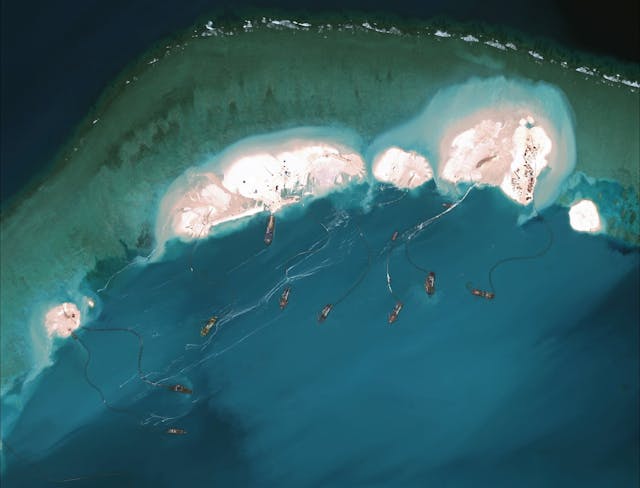
為習近平訪越作準備
王毅近期強調共同加速南海行為準則磋商,並強調有必要將南海打造成和平與合作之海,可以被視為北京渴望實現區域和平並就領土問題和主張與越南進行對話的最強烈跡象。有趣的是,越南外長裴青山的回應是,越方支持建構人類命運共同體──這種社會主義基調與中國一貫強調的「建構人類命運共同體」有許多共同點。
因此,儘管中越在領土主張上存在分歧,但訴諸意識形態親和力和同志感情,已成為鞏固中越關係的一個重要而共同的主題。雙方都非常務實地探討如何加強文化、經濟、科技、環境、教育等其他領域的合作。
總之,王毅對越南的訪問是一次至關重要的訪問,標誌着中越關係在經濟、科技、基建、教育、環境、文化等領域的合作不斷改善。儘管在一些領土主張上存在分歧,但中越領導人務實地擱置分歧,利用社會主義兄弟情誼的意識形態共同性,最大限度地減少、淡化和管控領土分歧,推動雙邊關係邁上新台階。因此,經濟實用主義和意識形態兄弟情誼是中越關係的普遍特徵和決定性的雙重特徵。因此,中國國家主席習近平訪問越南時,中越關係無疑將達到新高峰。
Wang Yi’s visit to Vietnam: The diplomacy of Socialist Brotherhood
On December 1, 2023, Chinese Foreign Minister and Politburo member Wang Yi visited Vietnam and met the Vietnamese President Vo Van Thuong, trying to ensure Sino-Vietnamese cooperation in all economic areas and to enhance bilateral relations in the aspects of promoting peace and mutual development. Wang Yi’s visit is politically important because it symbolizes not only China’s diplomacy of forging socialist brotherhood with Vietnam but also the necessary preparatory work for President Xi Jinping’s forthcoming visit to Vietnam.
Vietnam and China held the 15th meeting of the Steering Committee for Bilateral Cooperation in the Vietnamese capital of Hanoi on December 1, during which Wang Yi and the Vietnamese Deputy Prime Minister Tran Luu Quang jointly convened the meeting.
Wang said that 2023 is the year marking the 15th anniversary of the establishment of the comprehensive strategic cooperative partnership between China and Vietnam. Under this partnership, both sides have developed closer cooperation and their socialist causes have entered an important stage.
Wang remarked that, in face of a world filled with changes and chaos, China and Vietnam should stay firm to their original aspirations by remaining united, steadfastly following the path of peace, cooperation and development, and promoting human progress and boosting the strength of socialism.
He added that both sides should retain high-level communications, consolidate cooperation in the areas of national defence and public security, and build a stable logistic supply chain system. Moreover, Wang remarked that both countries should work together to safeguard international justice, peace, and multilateralism.
Finally, Wang expressed his hope that both sides would follow their high-level consensus by managing differences through friendly dialogue and consultation, deepening maritime cooperation, and safeguarding “hard-won pace and stability” in the South China Sea.
In response, Vietnamese Deputy Prime Minister Tran Luu Quang said that, as “a comrade and brother,” Vietnam supports China in protecting regional and world peace and stability. He remarked that both sides have maintained close high-level dialogue, deepened political trust, and made progress in the areas of trade, investment, transport, science and technology, agriculture, environmental protection, tourism, and education.
Quang also pointed to the need for both countries to effectively manage differences and work toward the consultative process of formulating a Code of Conduct for the South China Sea so that peace and cooperation will be ascertained.
China is Vietnam’s largest trading partner after the Covid era, investing US$1.3 billion in 233 projects in the country during the first six months of 2023. Overall, China has now 3,791 projects in Vietnam, amounting to US$25 billion. In 2022, bilateral trade turnover between the two countries reached US$175.6 billion, with Vietnamese exports fetching up to US$57.7 billion, according to the data of the Vietnam customs.
China became Vietnam’s largest importer of agricultural, forestry and aquaculture products in the first ten months of 2023. Chinese investment in Vietnam has recently focused on digital economy and green growth, reaching a memorandum of understanding on the promotion of trade and development under the framework of Two Corridors, One Belt as a part of the Belt and Road Initiative.
Officials of both countries have discussed how some projects could improve their cooperation to meet their expectations, especially the slow speed of some projects conducted with the aid from China.
In July 2023, Wang Yi met the Vietnamese Foreign Minister Bui Thanh Son in Jakarta. Both sides at that time affirmed the need to cooperate closely in trade and investment, especially the eastern line of the Trans-Asian Railway, China’s willingness to import more Vietnamese goods, and the Chinese support of Vietnam to participate in the China-ASEAN Expo and China International Import Expo.
Obviously, both sides are eager to deepen economic and all other areas of cooperation while putting down their differences in territorial issues, especially their territorial claims in the South China Sea.
In March 2021, the Vietnamese Foreign Ministry complained that Chinese vessels at the Whitsun Reef, which Hanoi calls Da Ba Dau, had “infringed on its sovereignty.” China said it has historical sovereignty over some of the waterways, but its neighbours and the US have argued that the Chinese claims had no basis in international law, including the 1982 United Nations Convention on the Law of the Sea to which China is a signatory.
Wang Yi in April 2021 made a phone call to his counterpart Bui Thanh Son, saying that both countries stuck to the leadership of the communist parties and to their socialist cause, and that both sides belonged to a community with a shared future of strategic significance.
Again, the appeal to ideological commonality and solidarity served as a valuable tool for both sides to keep calm heads despite their differences in territorial claims.
In fact, China has been working with Vietnam to minimize their territorial differences by holding joint patrols between their navies and coast guards in the Gulf of Tonkin in November and December 2023.
As early as September 2021, Wang Yi told the Vietnamese Deputy Prime Minister Pham Binh Minh that the two countries must cherish their “hard-won peace and stability” in the South China Sea and that both must resist the intervention of “extraterritorial forces.” Wang’s frequent reference to “hard-won peace and stability” was a hallmark in his meetings with the Vietnamese leaders, while the call for fending off external intervention appealed to Vietnam to be vigilant of the “instigation” from external forces.
During the apex of Covid-19 in 2021, China donated 5.7 million doses of Covid-19 vaccines to Vietnam – a gesture of goodwill to win the hearts and minds of socialist brother Vietnam.
In May 2020 Wang Yi and Vietnamese Foreign Minister Pham Binh Minh co-chaired a ceremony to mark the 20th anniversary of the signing of the Vietnam-China Land Border Treaty at Mong Cai International Border Gate in the northern province of Quang Ninh – an event that marked the good neighbouring relations and harmonious borderland management between the two countries. The treaty had been signed in 1999 after many years of border negotiations and demarcations from both sides under the principles of equality, mutual respect, and valid concern over each other’s interests on the basis of legal framework and international law.
China has had strong ties with Vietnam since they established diplomatic relations in 1950. Despite the Sino-Vietnamese war of 1979, both sides have returned to economic pragmatism since then and have been making great efforts at improving relations steadily and successfully.
Wang Yi’s trip to Vietnam is regarded as a preparatory move for President Xi Jinping’s visit to Vietnam between December 14 and 16, 2023.
The Vietnamese Communist Party’s General Secretary, Nguyen Phu Trong, had visited Beijing on October 31, 2022. President Xi at that time met him, introducing to Trong the gist of the 20th National Congress of the Communist Party of China, praising Vietnam’s achievements in socialist construction, and appealing to both sides to develop socialism as “the correct political direction” amid turbulence in international transformation.
In response, Trong affirmed the need for both countries to enhance mutual cooperation, ensured the continuation of Vietnam’s “one China policy,” and said Vietnam would not form any military alliance to use force against another country. The cordial relations between Vietnam and China were reaffirmed.
In recent years, Vietnam has elevated its relations with the US to a “comprehensive strategic partnership” level, just like the situation with China, India, Russia, South Korea, and Japan.
While South Korea has appeared to diversify its relations and minimize its economic dependence on China by shifting its investment and trade relations with Vietnam, Japan has been traditionally a close trade and economic partner of Vietnam.
Witnessing the American, South Korean, and Japanese enhancement of their economic relations with Vietnam, China has sensed the necessity of cementing Beijing’s bilateral relations with Hanoi to check and balance the enhanced US-South Korea-Japan relations with Vietnam.
It can be anticipated that President Xi’s visit to Vietnam will enhance Sino-Vietnamese ties in all aspects, including the stability of the logistic supply chain, the creation of a favourable environment for Chinese investment in Vietnam, greater cooperation in e-commerce and digital economy, research and development in science and technology, educational and cultural exchanges, green development and climate change cooperation, the protection of water resources along the Lancang-Mekong River, and cross-border tourism. Most importantly, President Xi will likely reiterate the socialist brotherhood of the two countries in their mutual development, cooperation and peaceful relations.
Wang Yi’s recent stress on the mutual acceleration in the consultation over the Code of Conduct in the South China Sea and on the need to make the South China Sea a sea of peace and cooperation can be seen as the strongest indication that Beijing is eager to achieve regional peace and dialogue with Vietnam over territorial issues and claims. Interestingly, the response from Wang’s counterpart, Bui Thanh Son, was that the Vietnamese side was willing to support the building of a community with a shared future for humankind – a socialist tone that shares much in common with China’s constant emphasis on the need to reach the common destiny of the humankind.
As such, the appeal to ideological affinity and solidarity has become a crucial and common theme in the consolidation of Sino-Vietnamese relations, despite their differences in territorial claims. Both sides are pragmatic enough to explore how to strengthen all other areas of cooperation, culturally, economically, technologically, environmentally, and educationally.
In conclusion, Wang Y’s visit to Vietnam is a crucial one pointing to the continuous improvement of Sino-Vietnamese relations in the realm of economic, technological, infrastructural, educational, environmental, and cultural cooperation. Despite their differences in some territorial claims, the Chinese and Vietnamese leaders have pragmatically put them aside and utilized the ideological commonality of socialist brotherhood to minimize, dilute and manage their territorial differences, while propelling their bilateral relations to a new height. As such, economic pragmatism and ideological brotherhood are the prevailing characteristics and the defining dual features of Sino-Vietnamese relations. An apex in Sino-Vietnamese relations can undoubtedly be expected later when the Chinese President Xin Jinping will visit Vietnam.
原刊於澳門新聞通訊社(MNA)網站,本社獲作者授權轉載。網址:https://www.macaubusiness.com/opinion-wang-yis-visit-to-vietnam-the-diplomacy-of-socialist-brotherhood/。



